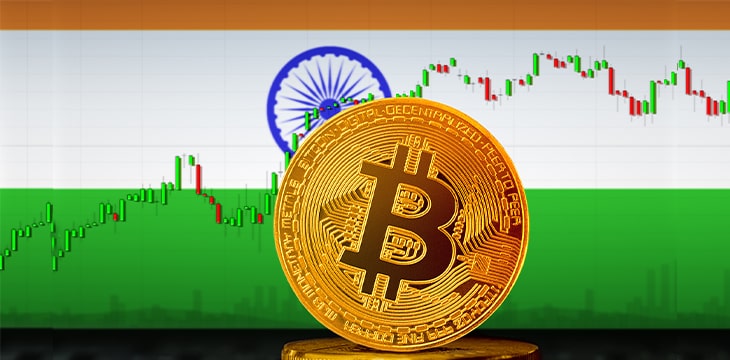|
Getting your Trinity Audio player ready...
|
Lawmakers in India are reportedly poised to once again delay a bill that addresses the creation of a digital rupee and the possible banning of digital currencies. The lower house of parliament, known as Lok Sabha, has left it out of its winter session, which comes to a close on December 23, indicating that it will most likely have to wait until 2022.
India’s government has taken a hard stance against digital currencies, with the Reserve Bank of India leading the rallying call to ban digital currencies completely. The government took up this rally, and in a bill set to be tabled before the legislature, it recommended a total ban on all “private cryptocurrencies.” This, while not clearly indicated on the bill, was presumed to mean all digital currencies except those issued by sovereign entities like central banks.
The bill, which many feared would bring down India’s rapidly growing digital currency industry, may have to wait until 2022.
Known as the “Cryptocurrency and Regulation of Official Digital Currency Bill,” it was left out of Lok Sabha’s agenda for the remaining days of the winter session, ending this week. Sessions will resume in the new year, and this could offer some reprieve for Indian digital currency holders for now.
According to some sources, the government believes there’s a need for more consultation with the relevant stakeholders before the bill is tabled in parliament. Speaking to the Times of India, the sources claimed that Prime Minister Narendra Modi’s government believes there isn’t enough time left this year to make all the necessary consultations. Sources further revealed that the Indian cabinet had not approved the proposed legislation.
While it’s not on the Lok Sabha’s agenda, the government can still push it through in December through an ordinance when parliament is not in session. Ordinances in India are laws that are promulgated by the President on the recommendation of the cabinet when parliament is not in session. They have the same power as an Act of Parliament.
As CoinGeek reported earlier this year, the Indian government has been planning to use this route to have its way with the ban.
Watch: CoinGeek New York presentation, Digital Currency as a Tool for Financial Inclusion
https://www.youtube.com/watch?v=wGw6rBv7nlc&t=17752s

 02-16-2026
02-16-2026 




